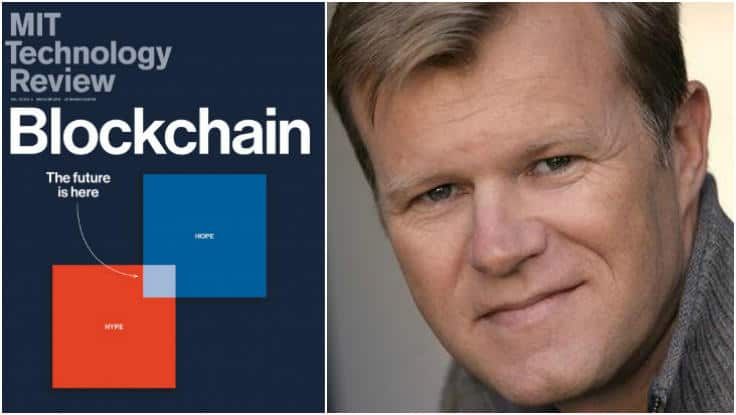This year The New York Times identified 10 people leading the block chain revolution, and Amber Baldet, who managed the creation of a bank-friendly version of Ethereum for JPMorgan Chase, was at the top of the list. Now, Baldet heads Clovyr, what she describes as “an app store for blockchains,” and delivers timely, engaging keynotes on all things cryptocurrency, including the “Internet of Value”—a vision of the future in which value can be exchanged as quickly, and easily, as information.
In the below video, Baldet draws from her experiences working with banks, corporations, blockchain startups, cypherpunks and hackers to draw a realistic picture of what an integrated “Internet of Value” might look like, and how the choices and policies we’re making now will have ramifications for years to come.
To book Amber Baldet for your next speaking event, contact The Lavin Agency.


